Intensive Hindi Study Trip to India
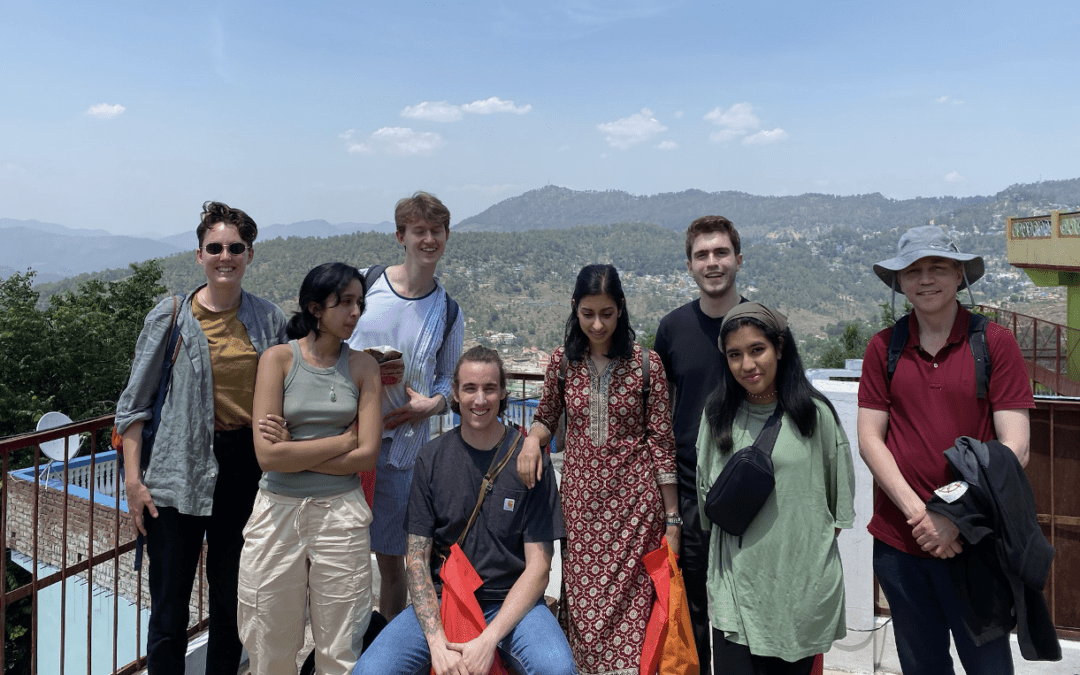



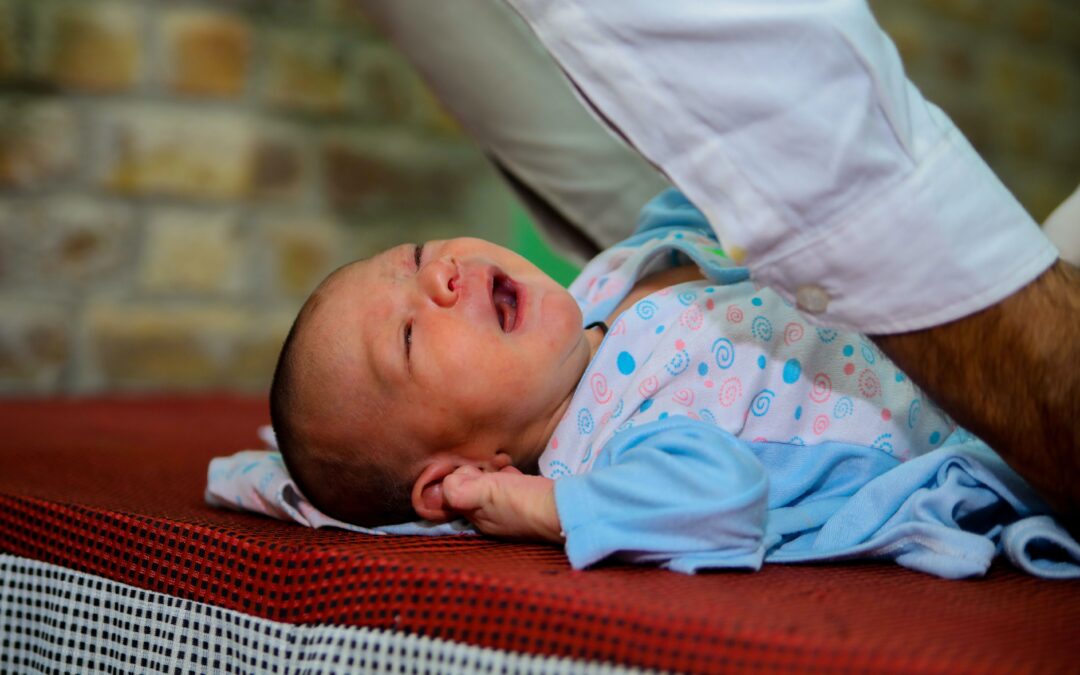
Exposure to toxic levels of stress and violence in pregnancy or early life can have lasting health impacts. In Pakistan, where the under-five mortality rate is 67 deaths per 1,000 live births, researchers Alexandra Harrison, MD, and Elizabeth Levey, MD—both Assistant Professors of Psychiatry at Harvard Medical School—are exploring ways to reverse stress levels and their impacts. As 2022 LMSAI faculty grant winners, their project designs a comprehensive training system for lady health workers (LHW), a common practice across low-resource areas of South Asia that provides pre- and postnatal care. Dr. Harrison and Dr. Leavey’s training system, Building Baby Brains (BBB), equips the LHW with the tools they need to support the infant-caregiver relationship, with the goal of ultimately increasing the neurodevelopment—and decreasing the mortality—of children in rural Pakistan.
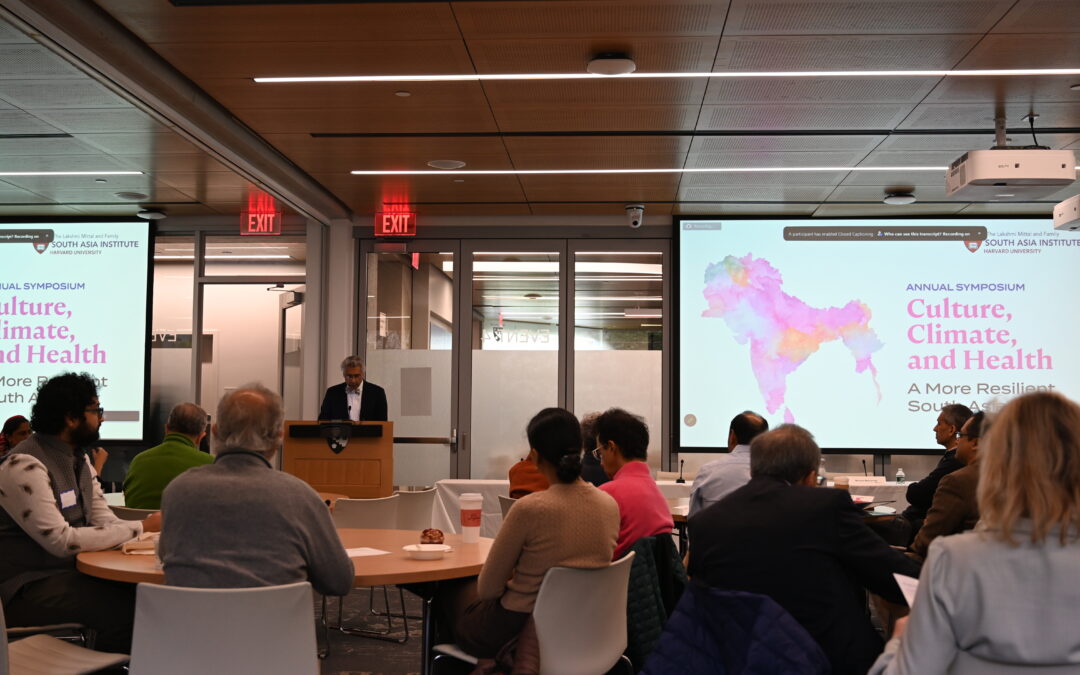

Deep in a bank vault of Mumbai’s Asiatic Society lies a revered treasure that is much studied in textbooks but rarely seen. The early 16th-century painted manuscript (dated 1516 CE), one of the oldest of its kind in the world, requires a committee’s approval to see the light of day – a committee that had remained elusive to Prof. Jinah Kim, an expert in South Asian art, for years. But last September, her proposal to study the painted manuscript finally got the go-ahead, and capturing the color from the rare piece of work may just change the study of South Asian art – and maybe all of Asian art – forever.
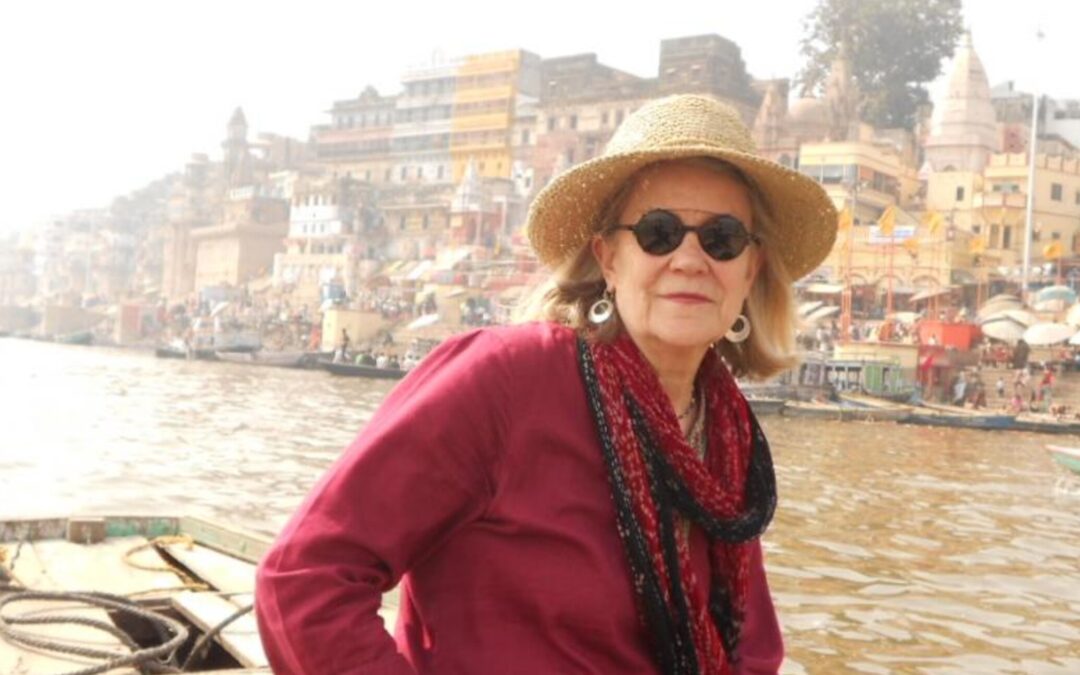
Throughout its 150th anniversary year, Harvard’s Graduate School of Arts and Sciences’ GSAS Voices is foregrounding the stories of some of its most remarkable alumni and students as they speak about their work, its impact, and their experiences at the School. Diana Eck, PhD ’76, is a Mittal Institute steering committee member and professor of comparative religion and Indian studies at Harvard University, where she also served as a faculty dean of Lowell House. Eck talks about her decades of work studying the religious traditions of India, the founding of the Pluralism Project, and how she learned to teach as a student at GSAS.
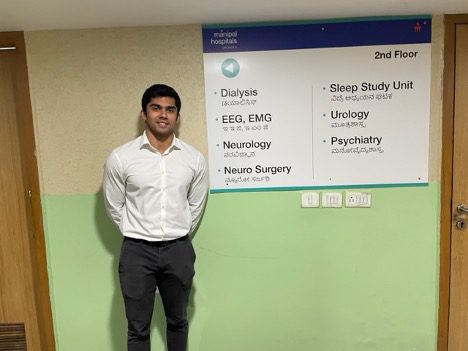
Jay Iyer ’25, a Molecular & Cellular Biology and Statistics dual concentrator, is working to unlock the secrets of rare brain disease. He spent a summer interning at three hospitals across India, where he explored the state of neurological healthcare and worked to pitch a new iPad application that uses machine-learning to aid in the diagnosis of Parkinson’s disease. He shares a personal account of his experience with neurological diseases, and his quest for further medical innovations.
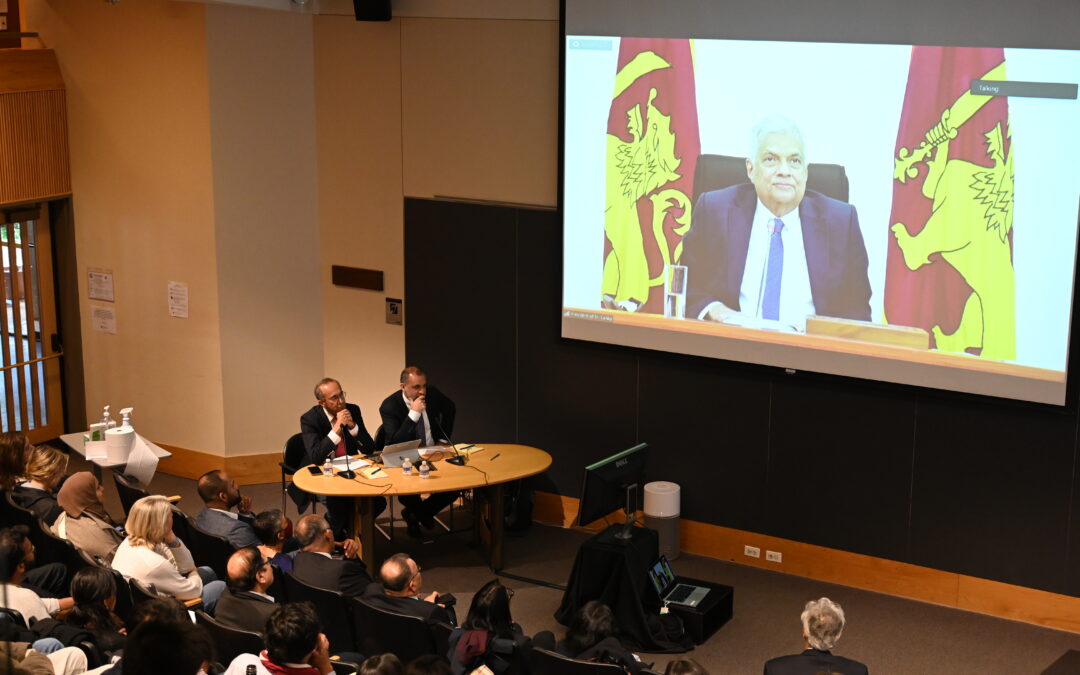
On Friday, March 24, President Ranil Wickremesinghe joined the Harvard community live from Sri Lanka for a discussion moderated by professors Tarun Khanna, Harvard Business School, and Asim Khwaja, Harvard Kennedy School. The event, co-sponsored by the Center for International Development at Harvard and the Mittal Institute, covered a wide range of topics, from the recently announced IMF deal to social, economic, and political reforms to human rights issues and the way forward for the country.
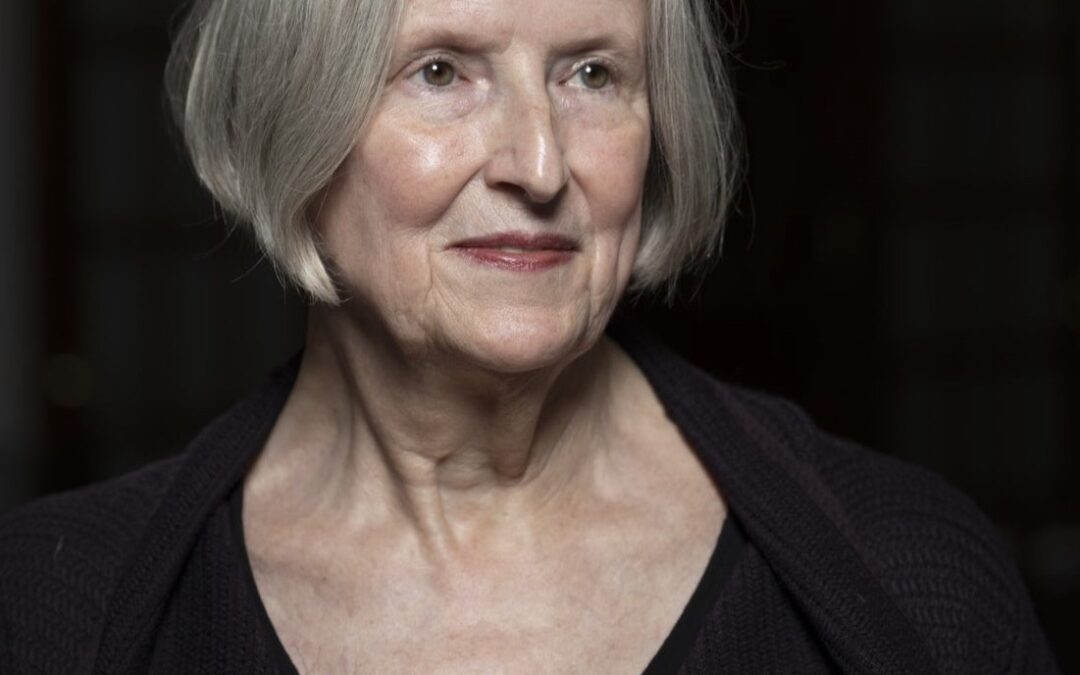
This past fall, Harvard University welcomed Prof. Martha Selby as the Sangam Professor of South Asian Studies. She joined us from the University of Texas at Austin, where she taught since 1999. A scholar of South Asian literature, she shared more about her work and previewed her upcoming April 6 talk on “Sangam Tamil Lecture – Loss in Love and War: On Grief and Longing in Old Tamil Poetry.”
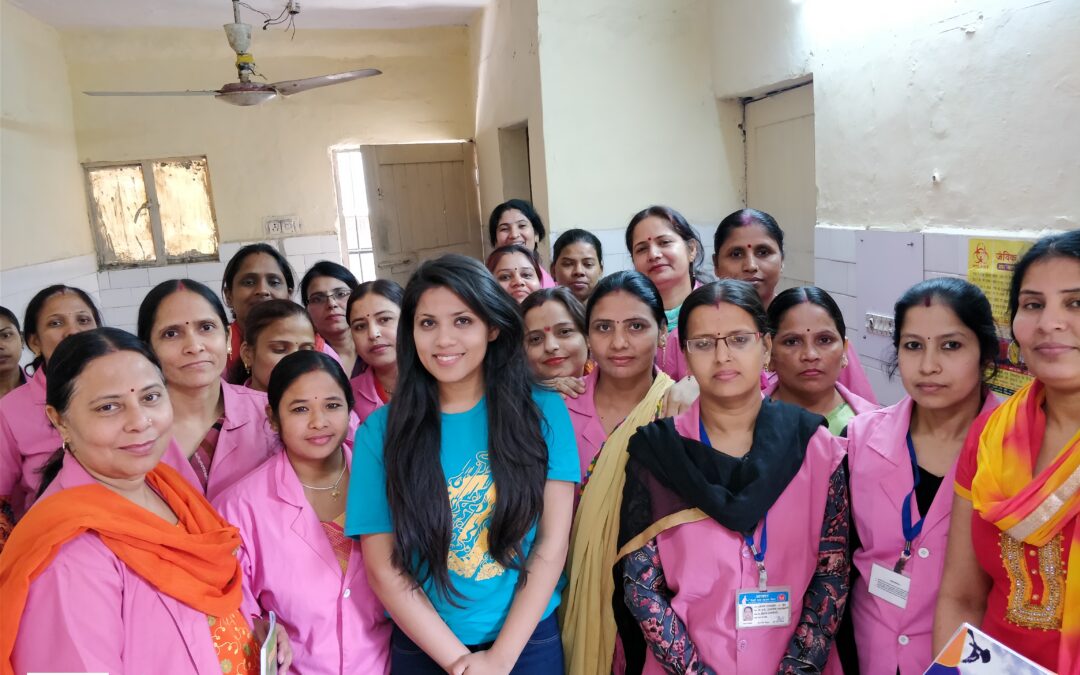
As we enter the fourth year of the COVID-19 pandemic, Dr. Shikha Kukreti, MPH, BDS, is focused on exploring the attitude of healthcare workers to vaccines, and their psychological wellbeing during the pandemic. A researcher with the Lancet Citizens Commission and a Ph.D. candidate at National Cheng Kung University in Taiwan, Shikha is spending the spring at the Mittal Institute. We spoke with her about her project.